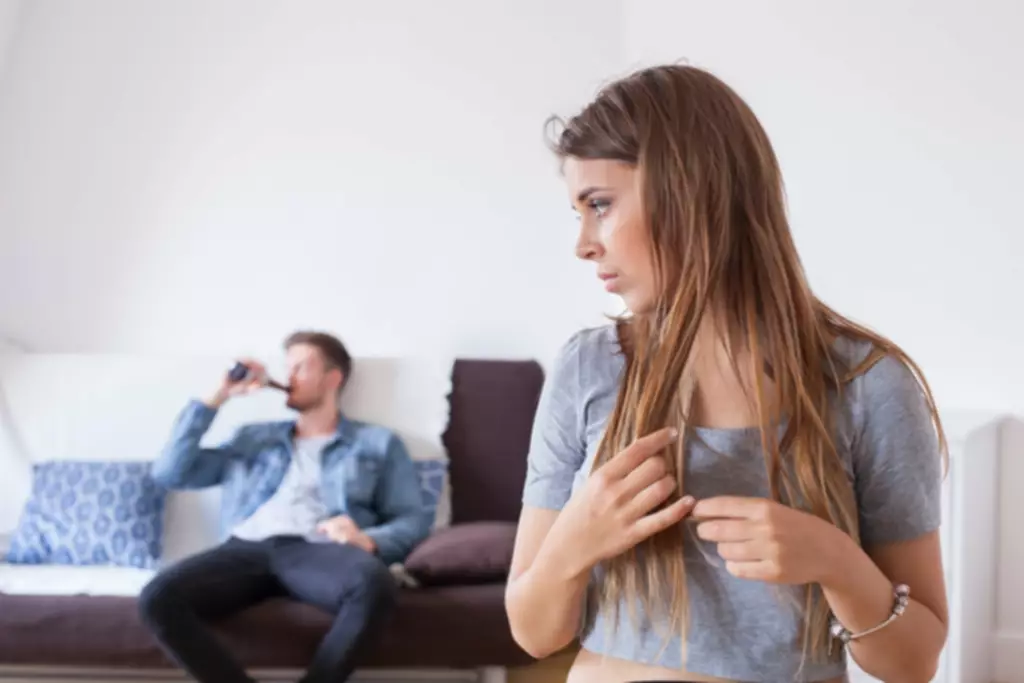Content
The lack of meaningful interactions with others is a social component, whereas melancholy, emptiness, or despair are emotional dimensions. People with substance use disorder often feel stuck and helpless, with no one to turn to. Studies show 47% of American adults experience chronic loneliness. Having pleasant and solid interpersonal interactions is crucial for basic human needs to be met.
- They may feel trapped and unable to escape the situation and they often hurt those around them because they, in turn, are hurting and angry.
- Joining a support system or finding like-minded people in recovery may offer new opportunities to forge healthy, lasting friendships.
- While growing apart from these individuals will benefit you, this does not mean that it is easy.
Being around others who have experienced the same challenges can provide feelings of connection that will banish loneliness. The AA community also encourages individuals to carefully tend to their emotional and physical wellbeing, knowing full well https://ecosoberhouse.com/ that loneliness can often be one of the primary causes of relapse. The best way to beat loneliness is obviously to have regular social connections. For people in recovery, that often means attending regular 1Step or other mutual-aid meetings.
Attend Recovery Group Meetings
The only time I was able to get out of my head was when I was good-n-drunk. But, I sure didn’t expect these feelings of loneliness to continue on in sobriety. Immersion into the recovery community in a local area is one of the best ways to avoid risks of isolation. Attend group meetings and become further involved in a local chapter of Alcoholics Anonymous (AA) or Smart Recovery. Any form of immersion into a recovery community can be a great way to abstain from illicit substances while also learning how to socialize as a sober individual.

If that’s the case, you may be able to connect with your group digitally. A lot of meetings are now being held on Zoom, Google Hangouts, and other platforms. Not only is this safer, but it also gives you a chance to get some different perspectives from different groups. To help counteract loneliness, consider the following activities. If you or a loved one has gone through NuView Treatment Center, leave us a review on Google, Yelp, or Facebook.
Substance Use Counseling
Turning to the “comfort” of alcohol or drugs becomes a way of coping with feeling alone, unloved, rejected, and confused – it’s a way to numb that pain. Substance use helps avoid confronting their problems, delivering a false sense of security. It is a vicious cycle because when the drugs and alcohol are not present, all the emotions they were unable or unwilling to deal with come racing right back. When they don’t find ways to cope with the original emotion, it just keeps building and building.
Does crying help cope?
Researchers have established that crying releases oxytocin and endogenous opioids, also known as endorphins. These feel-good chemicals help ease both physical and emotional pain.
Recovery can feel like a lonely process, especially when you no longer live in a community where you’re constantly surrounded by your peers. Post-treatment, you’ll have to make loneliness in recovery adjustments to your lifestyle. This could include no longer hanging out with toxic people you used to hang out with and no longer going to potentially triggering places.
How To Overcome Feeling Lonely in Recovery
An AA sponsor will provide one-on-one support as you work through the 12 Steps. They’ll also keep in touch with you daily and help you develop essential tools and strategies you can use to deal with challenging emotions. Not only will exercise help you heal physically and get you into shape, but it will also boost your mood by raising your levels of endorphins and dopamine. Exercise can be a great distraction from negative thoughts, and if you hit the gym or work out with family or friends, it can help you reconnect. If anything in the above article has triggered any concerns or questions do not hesitate to contact our specialist treatment advisors who can answer any questions you may have. It’s just an informal chat and they can help you out with what they think you or your loved one may need.
Keep in mind, especially if you’re relatively new, that engagement is key. While it might help just to be around other people, you still might feel lonely if you just sneak into a meeting and sit in the back. Recovery treatment centers like Wish Recovery will surround your compassion and care every step of the way to get your life back on track.
This loneliness can have real consequences for your recovery, your mental health, and even your physical health. Feeling both bored and sad is a bad combination for recovery. If you think your loved one in recovery is suffering from loneliness, approach them with the least judgement and most compassion possible. Help them find the social outlet and/or professional help they need. Treatment addresses the addiction problem holistically, mentally, emotionally and physically. The fellowship is there to replace the addiction and fight the potential loneliness.

 المحور العربي
المحور العربي



